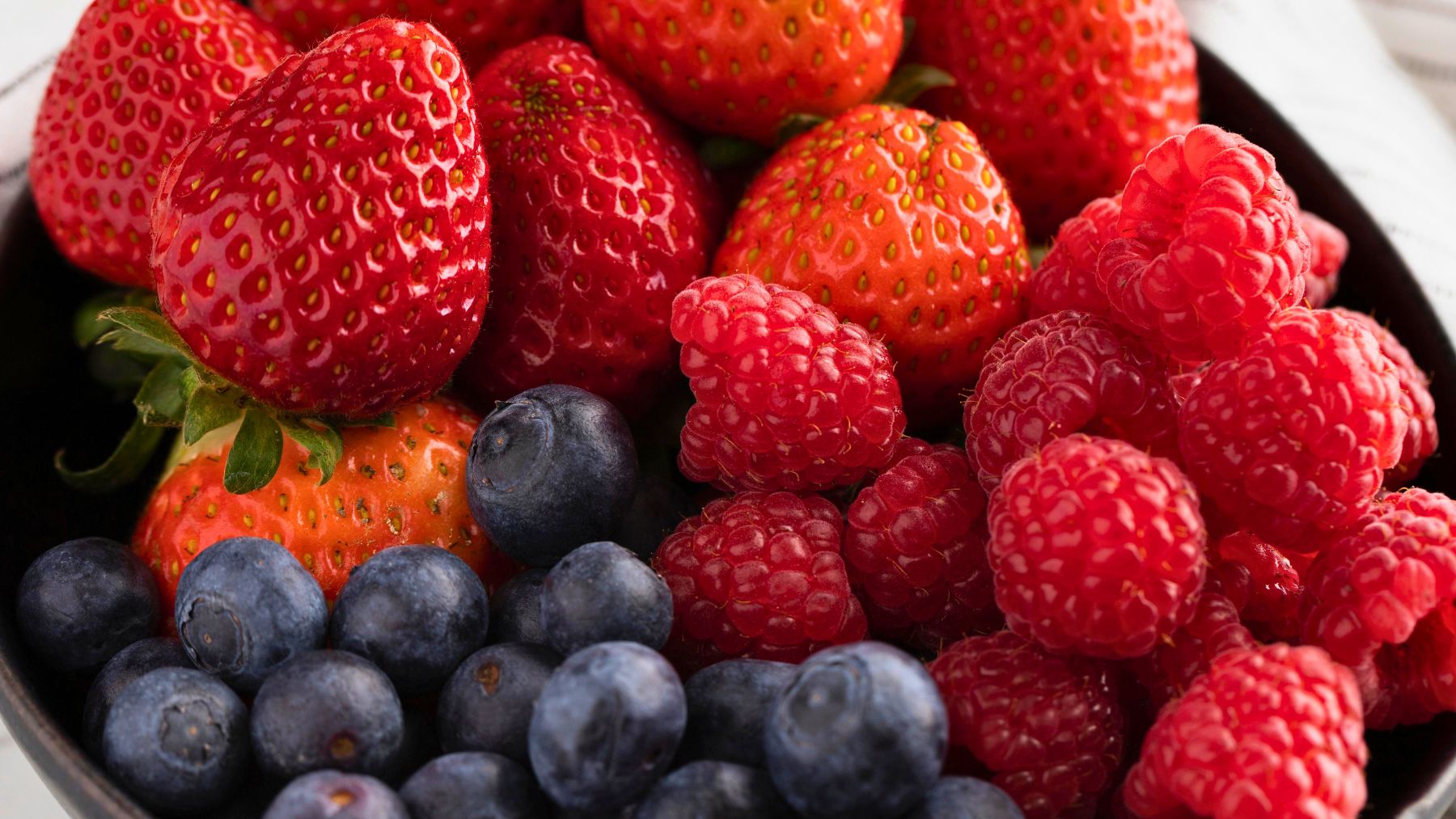If you think staying hydrated is all about drinking enough water, think again. One fruit you probably already have in your fridge can contribute to the goal, and most people have no idea how effective it really is.
According to Jonathan Purtell, RDN, strawberries are one of the most hydrating foods you can eat. With a water content of about 92%, they offer nearly the same hydration as a glass of water, along with vitamins, antioxidants, and fiber that plain water doesn’t provide. Let’s look at why strawberries are such an underrated hydration booster and which other fruits can help you stay refreshed and energized.
The surprising hydration power of strawberries
Strawberries are made mostly of water. That high water content makes them a natural way to support your hydration throughout the day. Whether you eat them fresh, toss them into yogurt, or blend them into a smoothie, they deliver hydration along with a wide range of nutrients.
A cup of strawberries contains only about 48 calories but packs a strong nutritional punch. They’re rich in vitamin C, folate, and manganese, all of which support immune health and metabolism. They also contain antioxidants like anthocyanins and flavonoids, which help protect your cells from oxidative stress.
What sets strawberries apart, though, is how efficiently they help the body maintain fluid balance. The combination of water, electrolytes, and natural sugars allows your body to absorb hydration more steadily than from water alone. That’s especially helpful if you’ve been exercising or spending time outdoors in the heat.
Besides, they have a low glycemic index, so they’re less likely to spike your blood sugar than many other sweet fruits. That makes them a solid choice for people managing energy levels or blood glucose.
More fruits to keep you hydrated
Strawberries aren’t the only ones that can help you meet your hydration needs. Many common fruits contain more than 85% water, along with essential nutrients that help your body retain fluids and restore electrolytes.
- Cucumbers (96% water): One of the most hydrating foods you can eat. They provide potassium, magnesium, and antioxidant polyphenols that help protect your cells from dehydration stress.
- Tomatoes (94% water): Packed with vitamin C and lycopene, they support skin health and reduce inflammation while contributing to fluid intake.
- Watermelon (92% water): A hydration powerhouse and also rich in potassium, fiber, and the amino acid citrulline, which promotes healthy blood flow.
- Grapefruit (90% water): High in vitamin C and antioxidants, it’s refreshing and hydrating, but be sure to check for medication interactions before eating it regularly.
- Peaches (88% water): Juicy and rich in vitamin C and potassium, they help balance fluids while adding natural sweetness to meals.
- Pineapple (87% water): With vitamin B6, copper, and magnesium, pineapple helps replenish nutrients and hydration lost through sweat.
- Raspberries (87% water): Loaded with fiber, vitamin K, and antioxidants, they are both hydrating and gut-friendly.
Eating water-rich fruits like strawberries throughout the day can help you stay refreshed, maintain healthy fluid levels, and nourish your body at the same time. It’s an easy, natural way to keep hydration interesting.

